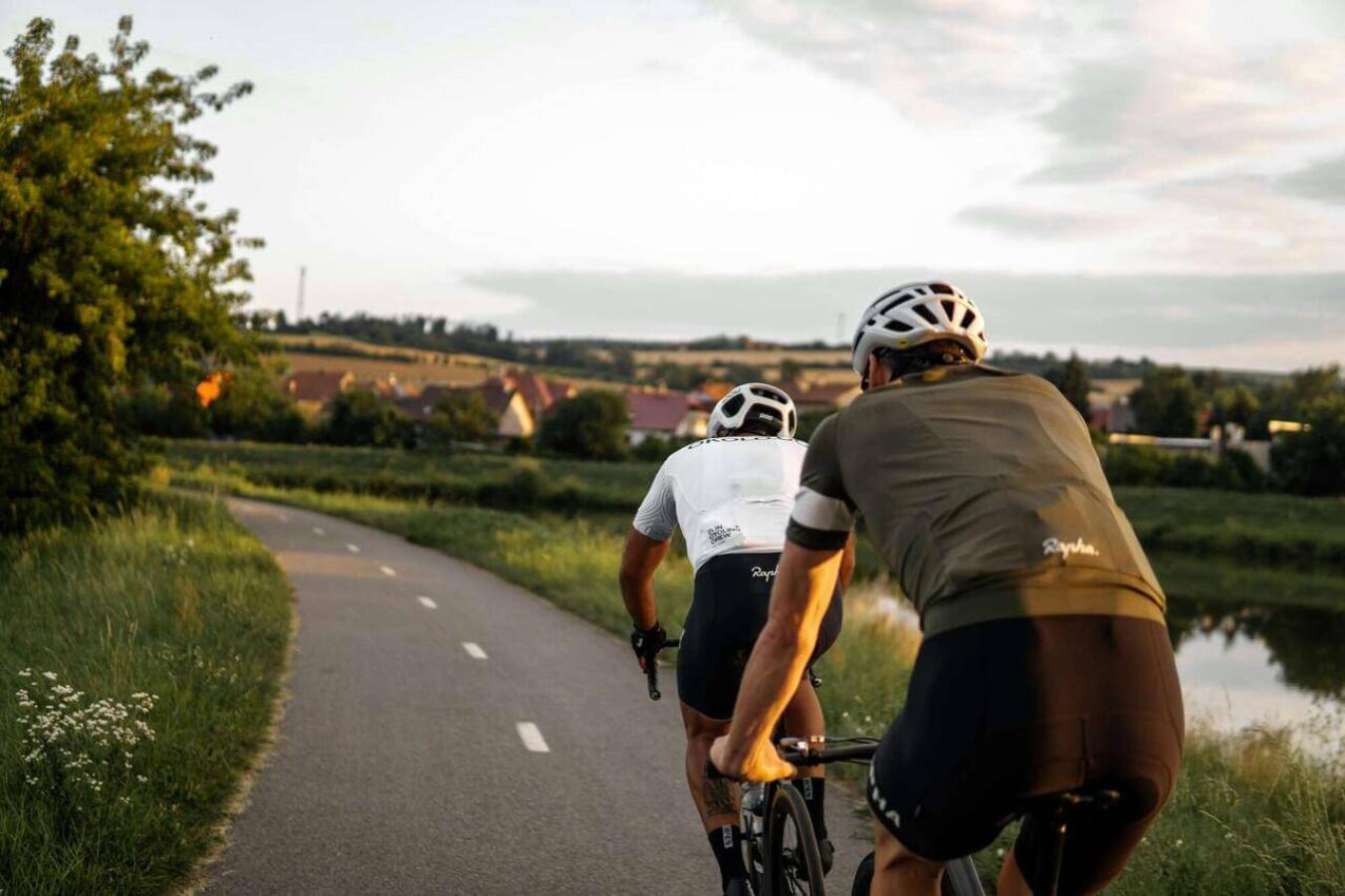
How We Help
With Cycle Legal, you'll be treated like a human from day one.
We tailor-make our service according to your unique circumstances.
How We Help Cyclists After Serious Accidents
At Cycle Legal, you are not just another case number. You are a cyclist who has been through a traumatic experience and you deserve specialist support every step of the way.
We tailor every case around your unique situation. From day one, you will be treated with empathy, professionalism, and clear communication. If your injuries make travel difficult, we will come to you - whether at home or in hospital.
Serious Injuries Need Specialist Representation
We handle the full legal process so you can focus on what really matters recovering and rebuilding your life.
We'll arrange specialist rehabilitation, medical reports, and expert evidence where needed so you don't have to worry about a thing.
And with our no win, no fee policy, you can move forward with complete confidence.
Our expertise covers:
Traumatic brain injuries (whether or not a helmet was worn)
Multiple fractures and orthopaedic injuries
Facial injuries and scarring (especially in HGV-related accidents)
Psychiatric trauma
Classic cycling injuries such as broken collarbones and wrists
Experts in Cycle-Specific Legal Challenges
Cycle Legal is built for cyclists. We understand the complex legal issues that other firms often miss. Our team has successfully represented clients in cases involving:
HGV left-turn collisions, often resulting in life-changing injuries
Pothole and road surface claims, including the landmark Curtis v Herts Council High Court case
Left hook and undertaking disputes, where insurers try to deny fault
Dooring accidents, caused by careless drivers or passengers
We are not generalist solicitors. This is our area of expertise, and we fight for cyclists because we are cyclists.
Led by a Recognised Leader in Cycling Law
Kevin O'Sullivan, Cycle Legal's principal solicitor, has over 15 years of experience and led some of the UK's most important legal victories for injured cyclists. Known for his calm, caring approach, Kevin personally oversees every case and provides real, one-to-one legal advice. No automated emails. No frustrating delays. Just clear guidance and compassionate support when you need it most.
Getting You Back on the Road, On Your Terms
Our goal is simple. We help you to secure the maximum compensation you deserve and support your return to living everyday life the way you want to.
Not sure if you have a claim? Contact us below. We are here to listen, advise, and help you move forward.
Get In Touch
For a free No Win, No Fee consultation, choose one of the options below: